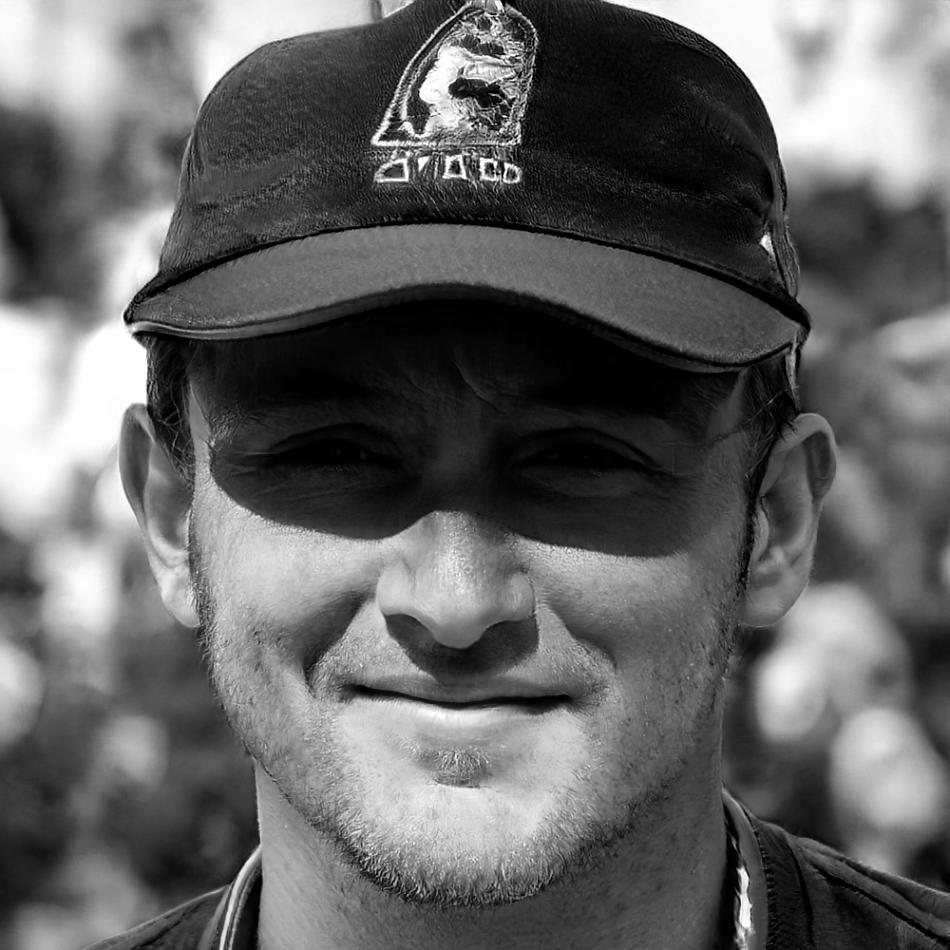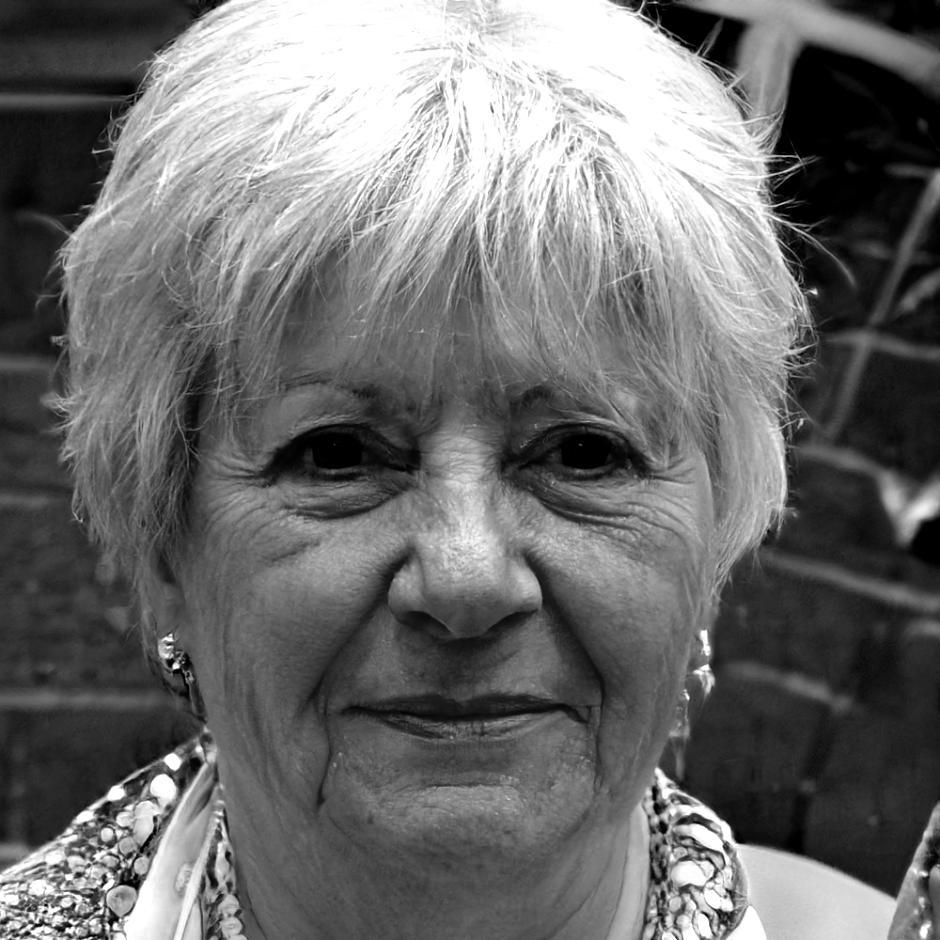Money Habits That Actually Stick
Budgeting isn't about restriction. It's about understanding where your money goes and deciding if that matches what you actually care about. Our program walks you through practical techniques that work for real people with busy lives in Vietnam's dynamic economy.

What You'll Learn
We built this curriculum after talking to dozens of people who struggled with money management. Not theory—actual tools you can use next week.
Understanding Your Money Story
Before spreadsheets, we need to understand habits. Where did your money beliefs come from? What patterns keep repeating? This module helps you see your financial behavior clearly—without judgment.
3 weeks • Mixed formatBuilding a Flexible Budget
Forget rigid categories. You'll create a system that adapts to your life—handling irregular income, unexpected costs, and seasonal variations that are common in Vietnam's economy.
3 weeks • Hands-on workshopsDebt Strategy and Planning
Student loans? Credit cards? Family obligations? We'll map out a realistic approach that considers all your commitments. You'll leave with a clear repayment plan that doesn't ignore the rest of your life.
3 weeks • Case studiesBuilding Financial Cushion
Emergency funds sound simple until you're actually trying to save one. This module breaks down practical strategies for building reserves, even when money feels tight right now.
3 weeks • Personal planningQuestions People Ask
These come from actual conversations with prospective students. If you're wondering something else, reach out.
How much time does this require each week?
Plan for about 4-5 hours. Two hours of live sessions, then another couple hours for exercises and tracking your own spending patterns. Some weeks are lighter, some need more attention—depends where you're at.
Do I need to know accounting or finance?
No. If you can add and subtract, you're qualified. We teach basic financial concepts as we go, but this isn't an accounting course. It's about personal money management, not corporate finance.
What if I miss a live session?
Every session gets recorded. You can watch later and still do the exercises. The live sessions are valuable for asking questions in real time, but missing one or two won't derail your progress.
When does the next cohort start?
September 2025. We run two cohorts per year to keep group sizes manageable. Applications open three months before the start date, and we typically fill spots within six weeks.
Is this relevant for Vietnam's economy?
Absolutely. We specifically address local considerations—family financial obligations, cash-based transactions, property market dynamics, and the mix of formal and informal income streams common here.
Can I get support between sessions?
Yes. We have a dedicated discussion board where instructors and fellow participants can help. Response time is usually within 24 hours on weekdays. For complex situations, you can schedule a one-on-one check-in.
Who's Teaching This
Both instructors have spent years helping people untangle their finances. They know the material because they've lived it.

Kasper Lindholm
Lead InstructorSpent eight years as a financial counselor before switching to education. He realized most people don't need complex investment advice—they need help with basic budgeting first. Originally from Denmark, he's lived in Buôn Ma Thuột since 2019 and understands the unique aspects of managing money in Vietnam's economy.

Brenna Wilde
Workshop FacilitatorWorked in nonprofit financial literacy programs for a decade. She specializes in helping people navigate irregular income and multiple financial obligations—situations common for freelancers and small business owners. Her workshops focus on practical systems that don't require perfect discipline to maintain.
Ready to Get Started?
Applications for our September 2025 cohort open in June. Join our mailing list to get notified when registration begins, or reach out if you have questions about whether this program fits your situation.
Get in Touch